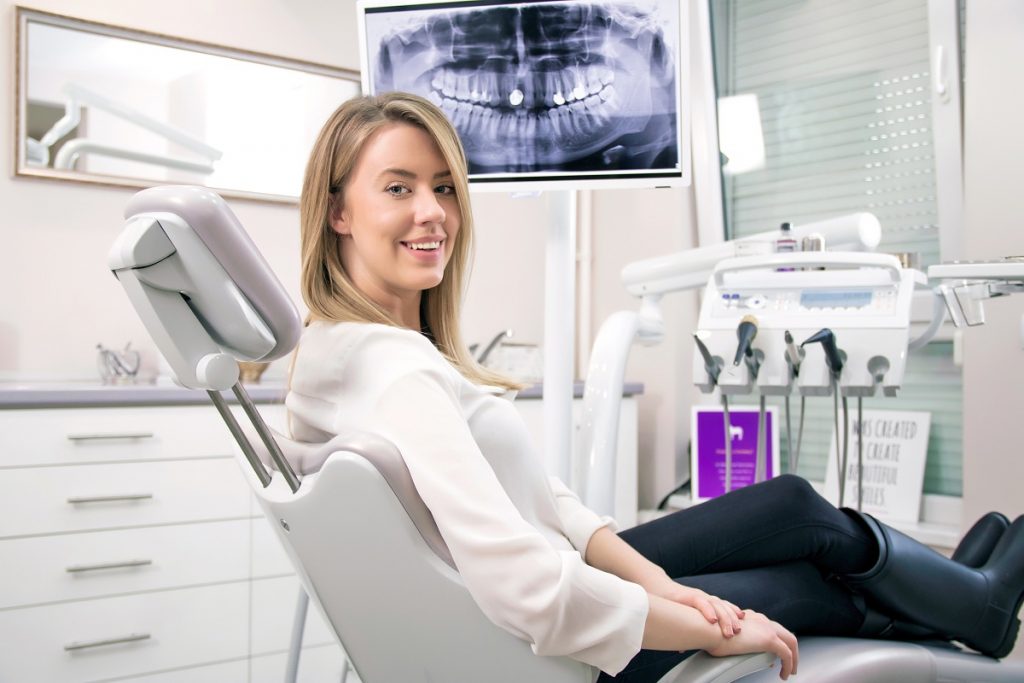Most dentists and dental associations recommend to patients to come back after 6 months or so. Regular dental visits are essential for the preservation of good oral health – however, not everyone is excited to book an appointment with the dentist. Patients with dental problems, in particular, may need to visit the dentist more regularly for check-ups, examinations and cleanings.
Checking the teeth for tooth decay and gum disease is only a small part of the dental examination that is performed by a dentist in Stevenage, such as Smilecraft. A dentist in Stevenage will also examine the face, throat and soft tissues and look for signs of oral cancer or other diseases. An experienced and well-trained dentist will also look for signs of vitamin deficiencies, diabetes and tooth misalignment.
What does a dental examination include?
A regular dental examination consists of a head and neck examination, a clinical examination and a thorough dental cleaning.
During the head and neck examination, a dentist in Stevenage will:
- examine a patient’s face
- examine a patient’s neck
- check the lymph nodes
- examine the upper and lower jawbone
Once the head and neck examination is over, a dentist in Stevenage will:
- examine the teeth and gums thoroughly
- look for signs of cavities and gum disease
- check for avulsed teeth
- examine the soft tissues inside the mouth
- examine a patient’s tongue and bite
- look for chipped, cracked and broken teeth
- look for damaged fillings or other damaged restorations
- evaluate dental appliances (i.e. teeth-straightening devices)
- assess a patient’s bite and the contact between their teeth
- take x-rays and scans if necessary
Lastly, the dental cleaning involves:
- examining the state of a patient’s teeth
- removing any plaque or tartar trapped between the teeth
- flossing and polishing the teeth
- reviewing proper brushing and flossing techniques
Once these steps are completed, the dentist in Stevenage will discuss all treatment in detail with the patient. Seeing the dentist on a regular basis (at least twice a year) as well as following a thorough oral care routine at home, are sufficient to keep a patient’s teeth and gums clean and healthy for longer.
